Do I need a vacuum cleaner with a HEPA filter? Our experts explain the benefits and what to consider before purchasing
It's a worthy investment if you suffer with allergies

Seraphina Di Mizzurati
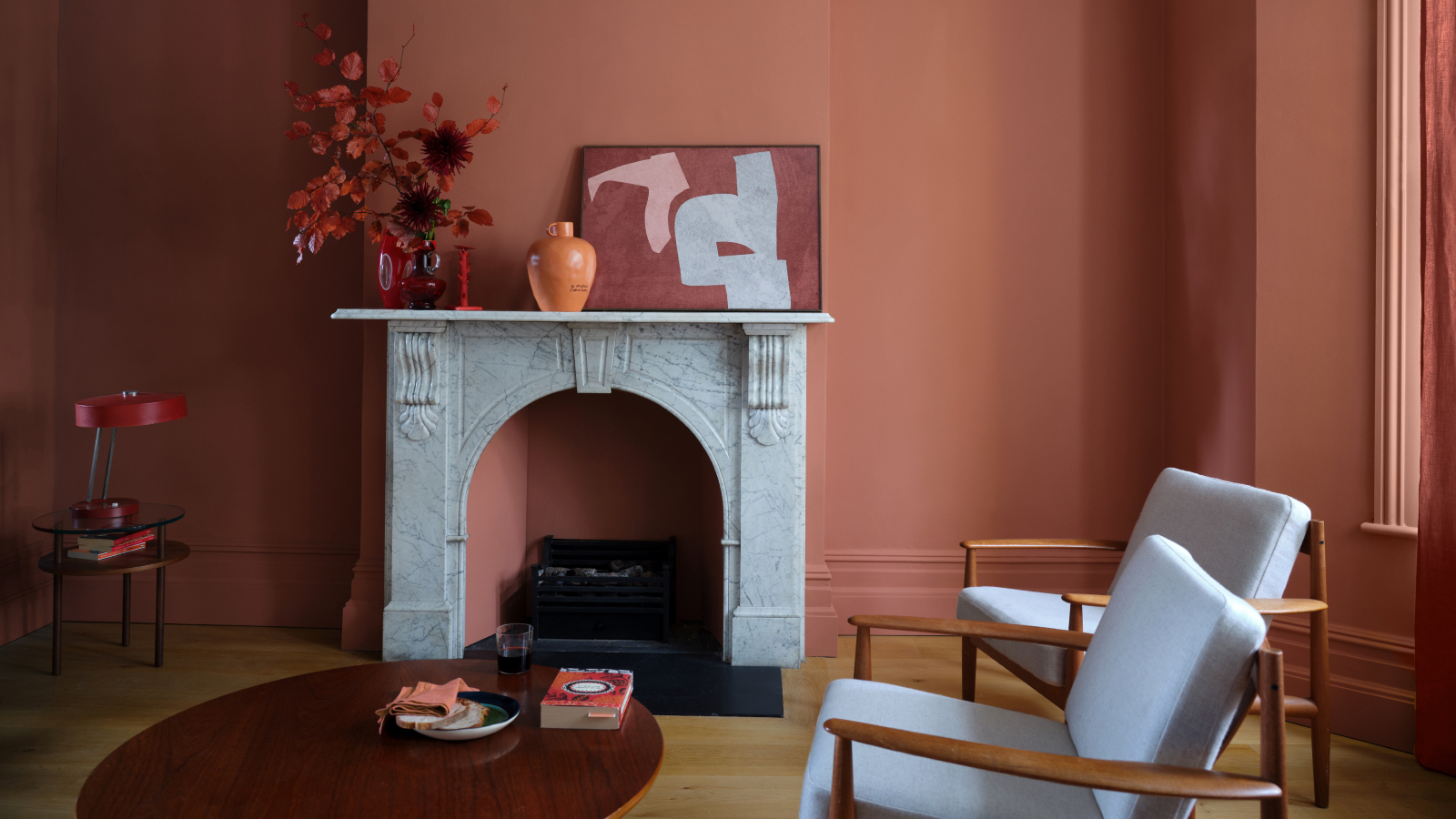
Choosing a vacuum cleaner that works perfectly for you and your needs in today's market can seem an impossible feat. With technology constantly changing, and so many vacuum cleaners on the market to choose from, it can feel difficult to know where to start.
We've tested 53 of the best vacuums on the market so we know that a good way to start choosing one is to assess exactly what you need from your vacuum cleaner. It might be a cordless vacuum cleaner for tackling hard to reach spots, or a robot vacuum cleaner to get the job done for you.
If you're an asthma or allergy sufferer, or someone you live with is, investing in one of the best HEPA vacuums for allergies should be top of your list. Here, we spoke to our cleaning experts for their advice on whether you need a vacuum cleaner with a HEPA filter, and why.
What is a HEPA filter?
The phrase HEPA is used as an acronym for High-Efficiency Particulate Air. These specific types of air filters can remove 99.7% of airborne sub-particles including dust, mold, bacteria, and hair. They also picks up finer, harder-to-collect particles with ease, including those that are airborne with a size of as little as 0.03 microns, which is why they work well for combatting common allergens.
The HEPA filter works by layering multiple filters inside the system. These trap and remove particles from the air when the vacuum cleaner is in use. The small particles are drawn out of the air and safely embedded in the filter, instead of remaining airborne. Vacuums can also have a post-vacuum HEPA filter which stops most particles and allergens being blown back out into your home when vacuuming, reducing airborne allergens.
What are the benefits of buying a vacuum cleaner with a HEPA filter?
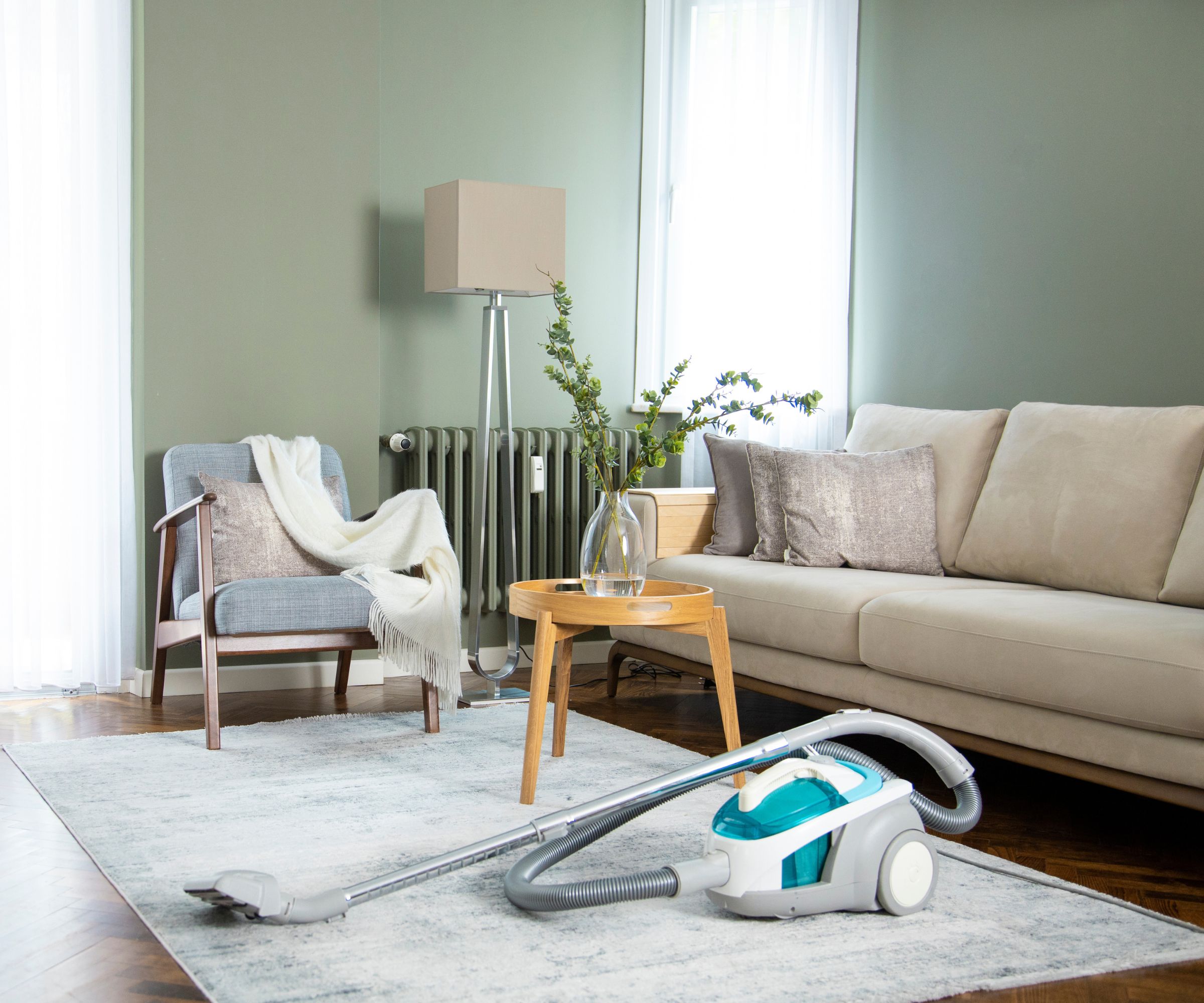
Making the switch to a vacuum cleaner that uses a HEPA will be a great thing, especially if you or a family member suffer from airborne allergies such as asthma, hayfever, or any other respiratory condition.
The HEPA filter will help to significantly remove any potential irritants from the air and surfaces, as well as storing them to ensure they are not released back into the atmosphere once they have been vacuumed up. They'll outperform vacuums without a HEPA filter on this front.
Design expertise in your inbox – from inspiring decorating ideas and beautiful celebrity homes to practical gardening advice and shopping round-ups.
Owing to this, Josh Mitchell, HVAC technician and owner of Air Conditioner Labs, says that he highly recommends using HEPA filter vacuum cleaners to his clients, as they substantially improve the quality of air within the home.
Having a HEPA filter is also useful to keep a clean home when you have pets, especially cats and dogs that molt during certain times of the year. The best vacuums for pet hair with HEPA filters pick up the finest of pet dander and dirt, allowing you to create a more comfortable and deeply-clean living environment.
Importantly, HEPA filters do not only help with tackling allergy symptoms, but they also help with general cleanliness around the home, which is why using one is a cleaning tip the experts recommend. In particular, a vacuum cleaner with a HEPA filter means that both visible and unseen dust and dirt are effectively removed from surfaces and upholstery.
Janille Mangat, cleaning specialist at VMAP cleaning services, says that her HEPA filter vacuum cleaner helps her when working at clients' homes, as it ensures the space is left spotless. ‘It is also ideal for eliminating bed dust mites, and provides a higher filtration system compared to regular vacuums,' she adds.
Although vacuum cleaners with HEPA filters may cost more upfront, Muffetta Krueger, founder of Muffetta’s Domestic Assistants, points out that they save you money in the long run. Their durability and efficiency mean you won't need to replace your vacuum as often, and you'll spend less on maintenance, too.
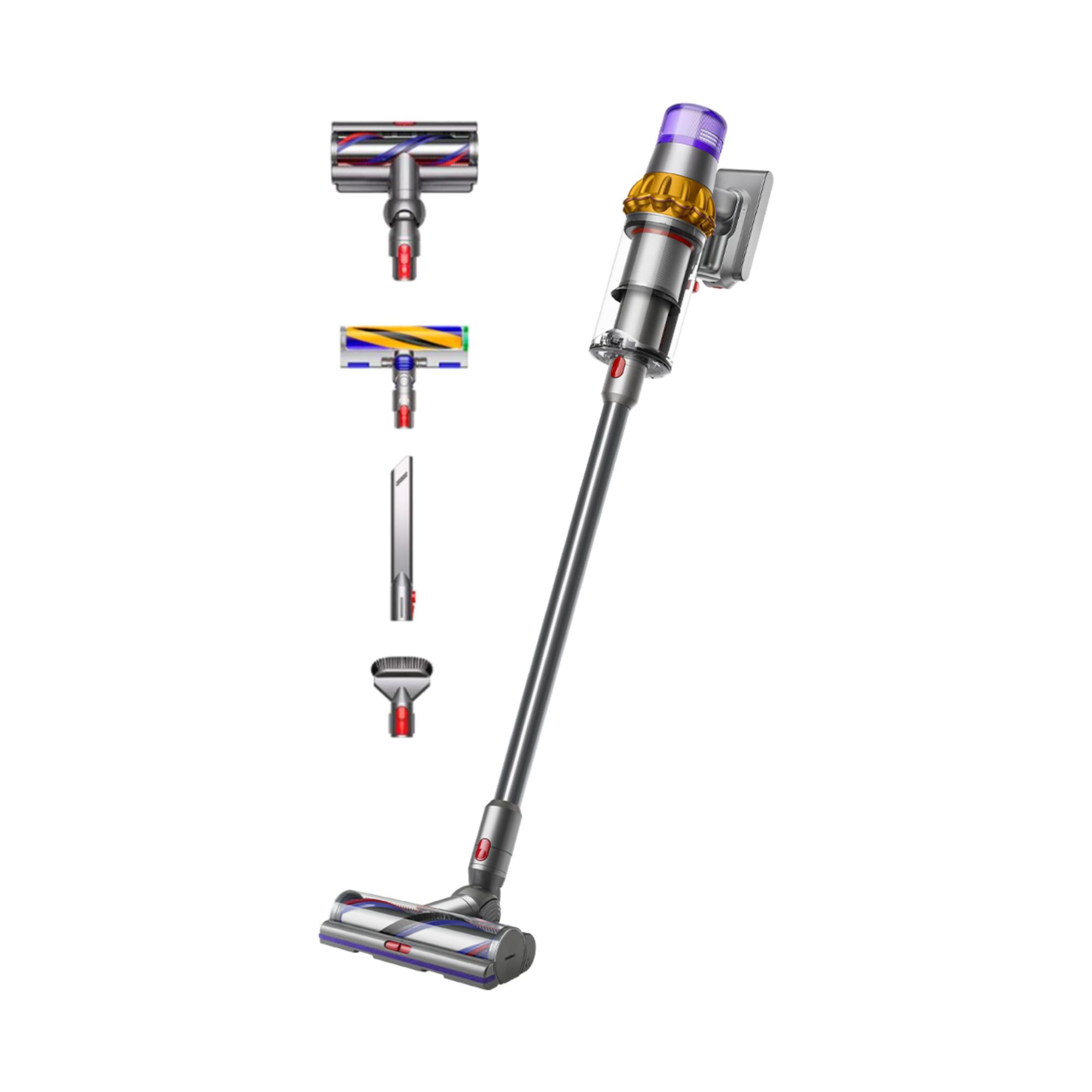
This is a great all-round cordless vacuum, with a HEPA filtration system, angled light to visualize otherwise hard-to-see dust particles, and an integrated piezo sensor that counts and measures the amount of dust and debris it has collected. Weighing under 7 lbs, it's lightweight and easily maneuvered.
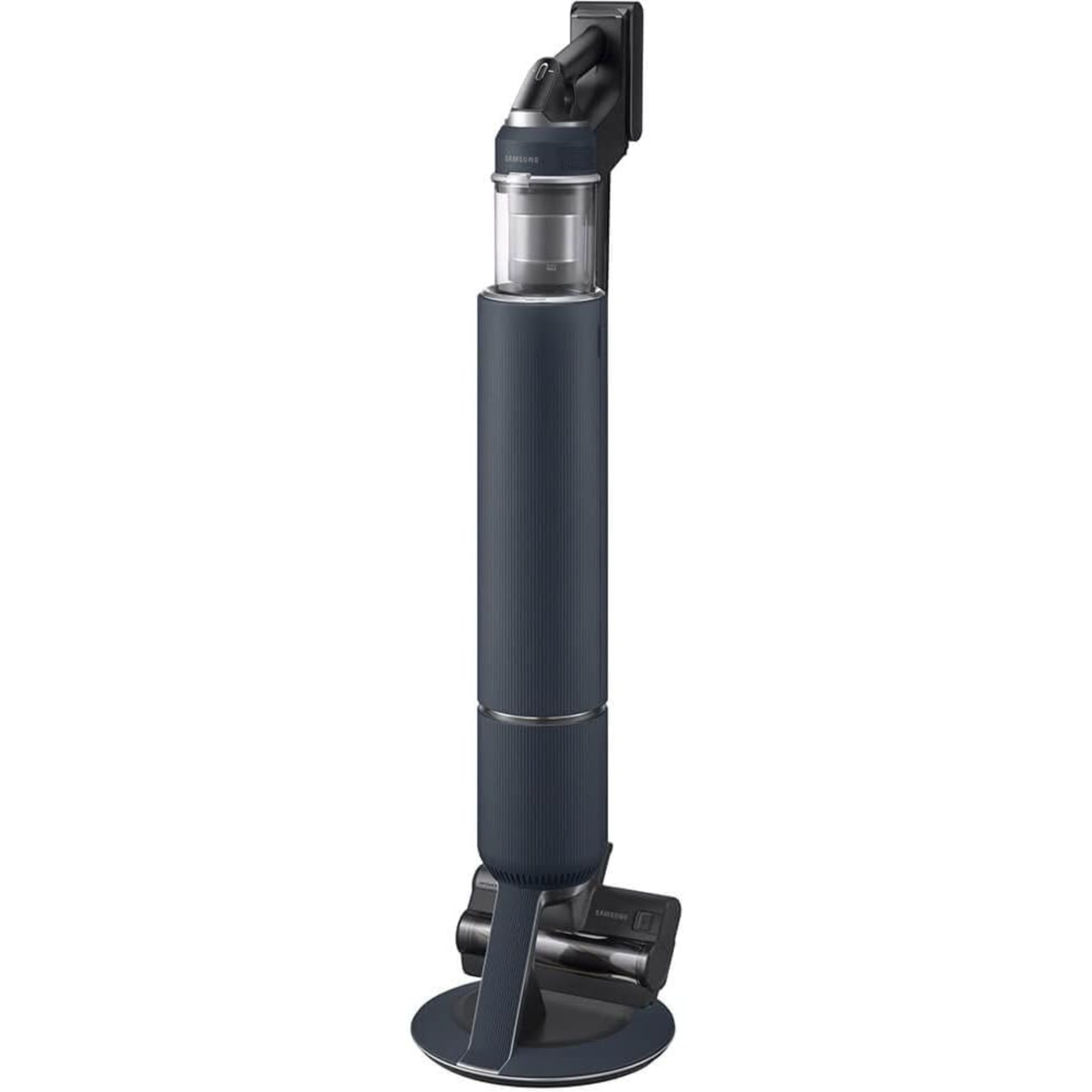
With a five layer HEPA filtration system, this vacuum can separate and filter up to 99.999% of micro dust particles, allowing you to breathe in cleaner air, and reduce the chance of recirculating any allergens.
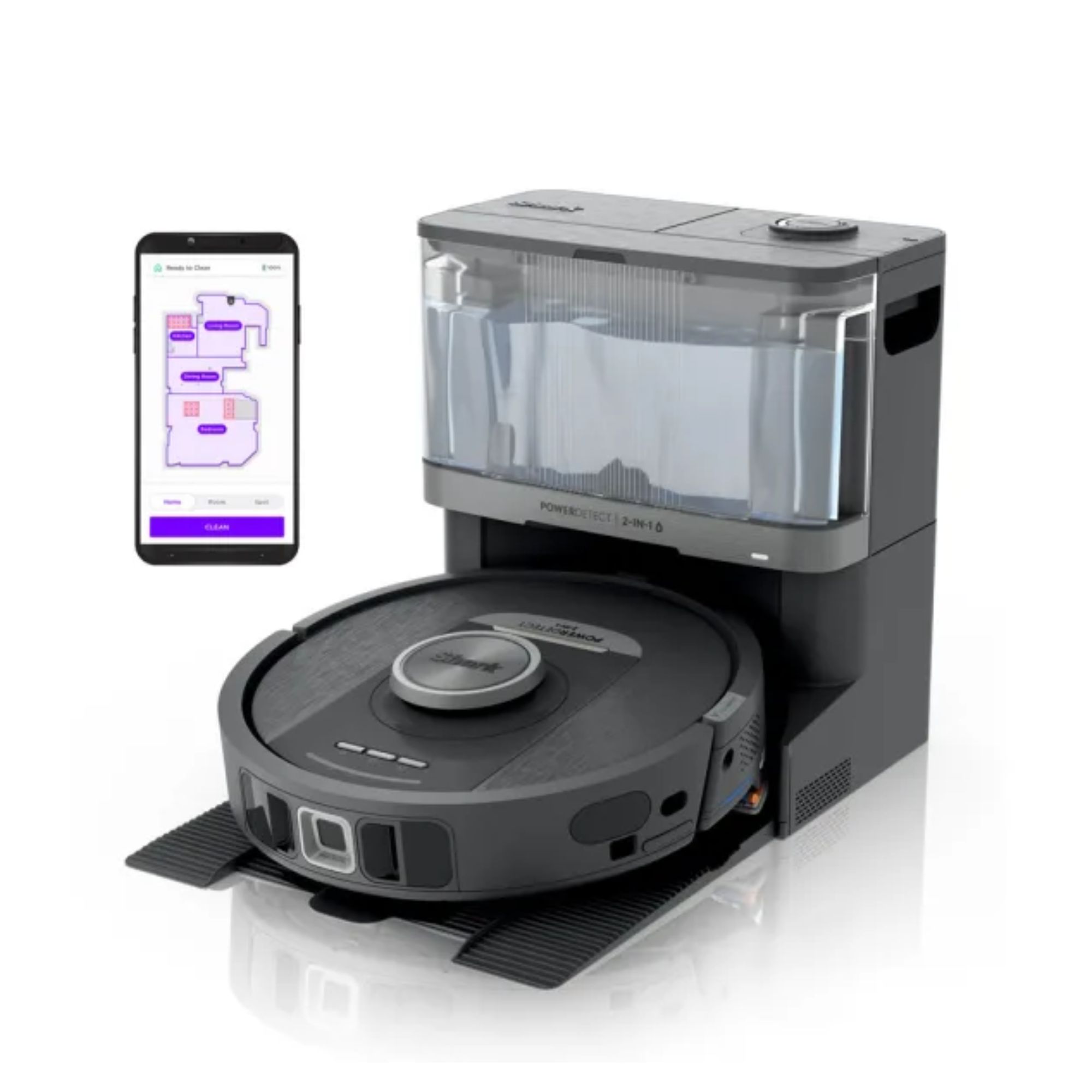
This robot vacuum captures and traps 99.97% of pet allergens, and uses odor neutralizing technology for a fresh smelling home. It also self-empties, and mops too, making it ideal for busy customers who want to spend less time cleaning.
What are the differences between a standard vacuum filter and a HEPA filter?
The main differences are that HEPA filters are made with thin, glass fibers and activated carbon-based materials, whereas regular filters are made from porous fibers such as paper cotton or polyester.
Furthermore, a HEPA filter will force air which is sucked up through a ultra-fine mesh whilst regular vacuum cleaner filters do not have this element meaning smaller allergens and dust particles may not be vacuumed away well.
What you should consider when buying a HEPA filter vacuum cleaner
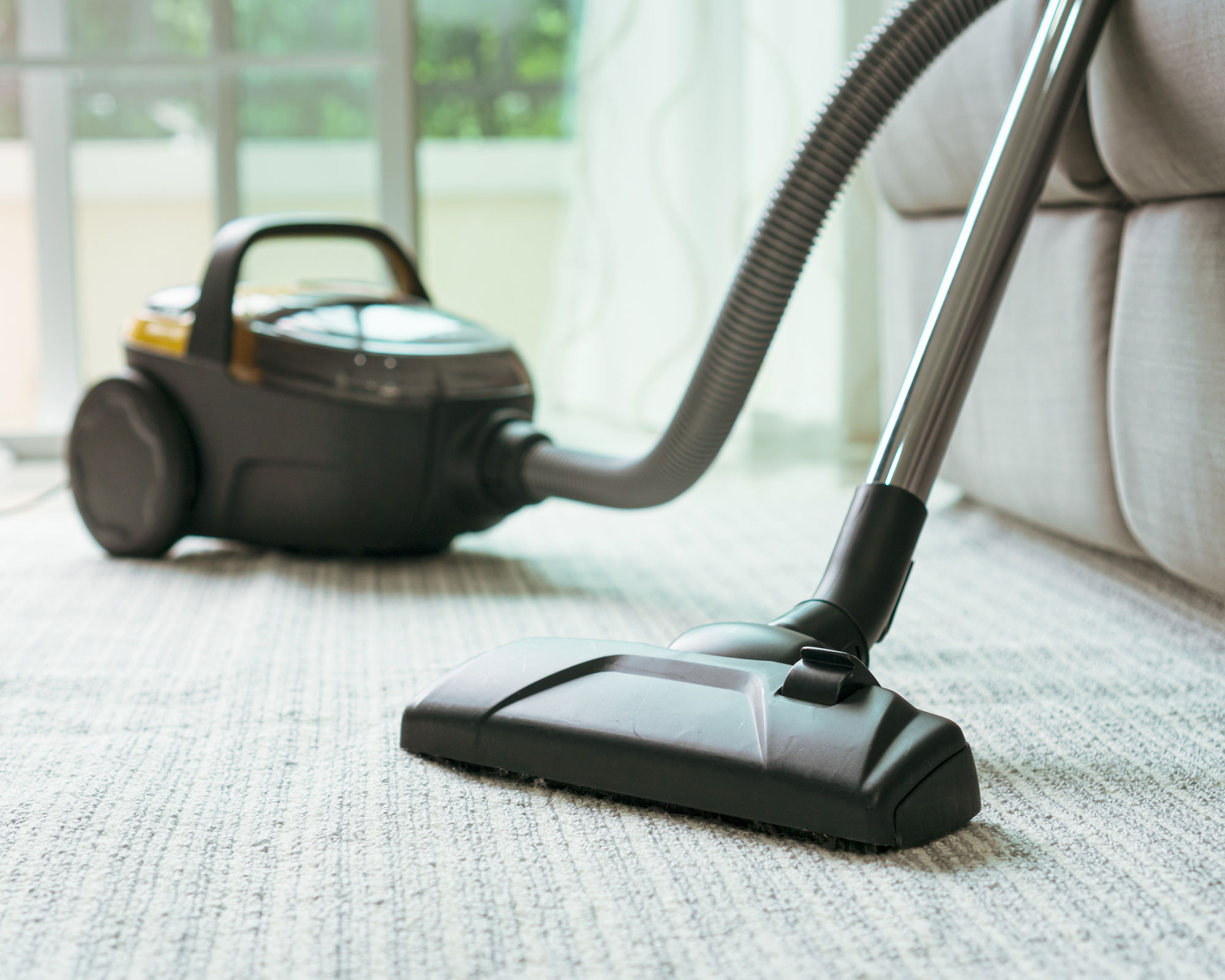
When considering whether you need one, or once you start looking to get a vacuum cleaner with a HEPA filter, there are some things that you to keep in mind before purchasing.
Allen Rathey, director at Indoor Health Council says, 'You do not necessarily need a HEPA-filtered vacuum to enjoy good indoor air quality. The most important issue to consider when buying a vacuum to prevent airborne particle escape is how the system works as a whole.
'Many vacuums have HEPA filters mounted on them, but they are not producing HEPA level output because there may be gaps in the vacuum body, the vacuum may be stirring up dust at the point of contact between the floor tool and the carpet or hard floor, or the HEPA filter may be undersized for the amount of airflow.
'It’s really more about how the system works as a whole rather than the type of filter that you have attached at the exhaust of the vacuum.'
Therefore, consider the condition of your existing vacuum cleaner, as well as whether upgrading to one with a HEPA filter would help allergens, as obviously your vacuum cleaner needs to be specific and cater to your individual needs. You may also find your home benefits more from one of the best air purifiers, but, on the whole, if you're already in the market to choose a new vacuum cleaner, opting for one with a HEPA filter is certainly a good idea.
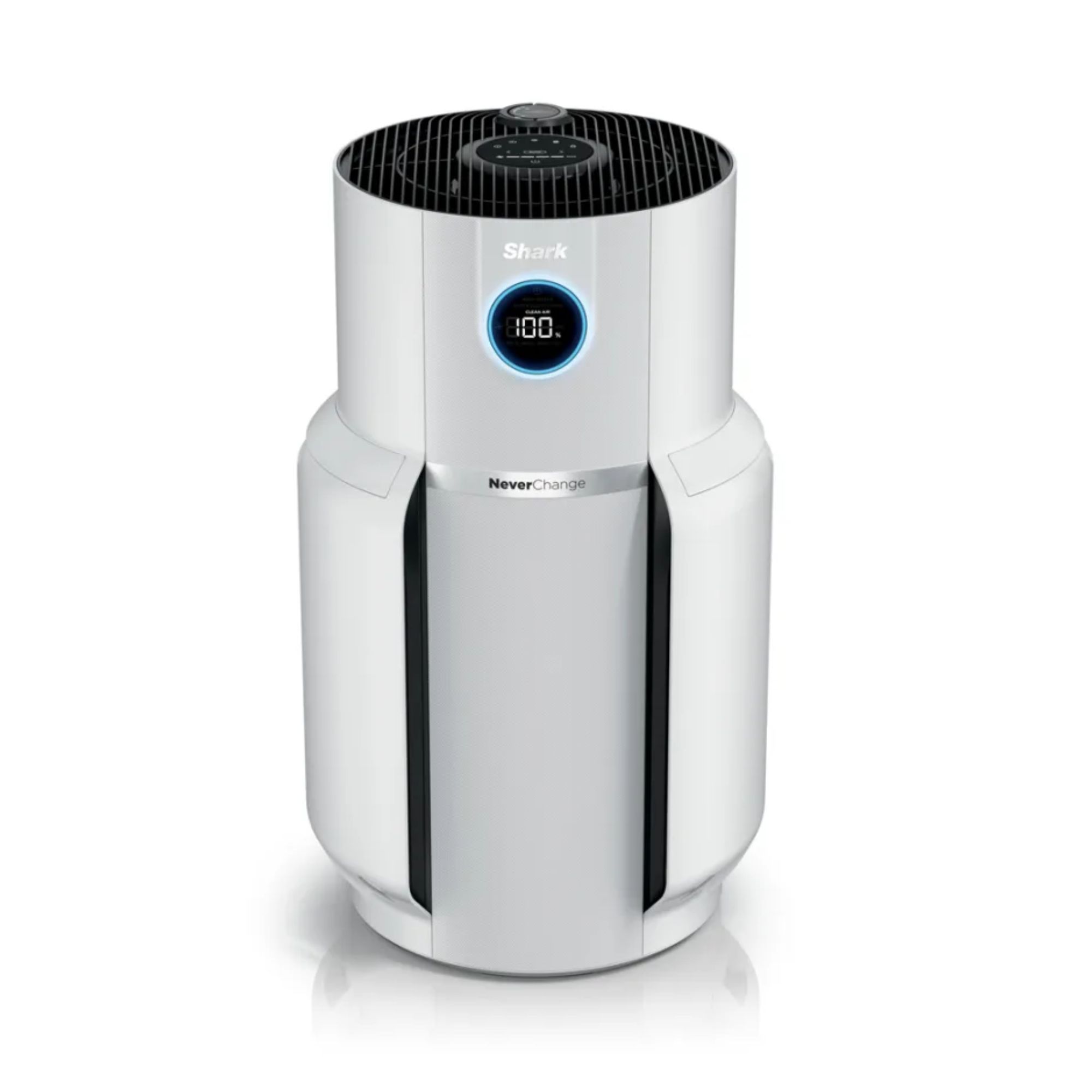
H&G home tech editor Dan Fauzi suffers with both asthma and allergies, and rates this the best overall air purifier, which can cover spaces up to 1,400 square feet, and uses odor neutralizing technology to guard against odors.
FAQs
How often should I clean and change my HEPA filter?
Much like cleaning a normal vacuum filter, you should clean your HEPA filters once a month, and replace them every four to six. This may change, however, depending on how often you vacuum your home, how prone to dust it is, and whether you have any pets.
A vacuum cleaner with a HEPA filter is a worthwhile investment for anyone looking to maintain a clean and healthy home. It not only improves indoor air quality but also enhances the overall cleaning performance of your vacuum.
Whether you suffer from allergies, have pets, or simply want a cleaner living space, a HEPA filter is an essential feature to consider when choosing a vacuum cleaner.
Next, if you're thinking about purchasing, our vacuum jargon buster makes the process simple.

Ottilie joined Homes & Gardens in 2024 as the News Writer on Solved, after finishing a Master's in Magazine Journalism at City, University of London. Now, as the Sleep Editor, she spends her days hunting deals and producing content on all things sleep – from mattresses and sheets to protectors and pillows, all of which she tests in her own home. She also has particular expertise in home fragrance, covering everything from candles to reed diffusers.
Previously, she has written for Livingetc and Motorsport Magazine, and also has a Master's degree in English Literature and History of Art from the University of Edinburgh, where she developed a love for inspiring interiors and architecture.
- Seraphina Di MizzuratiContributing Editor